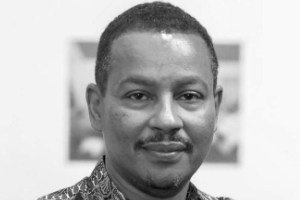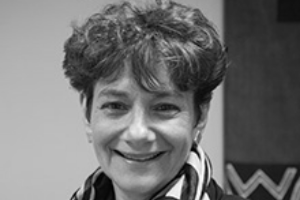8th GPSA Global Partners Forum
June 8-9, 2022
The GPSA at Ten: How Can Social Accountability Rise to Today’s Challenges?
On June 8-9, 2022, the Global Partnership for Social Accountability (GPSA) hosted its 8th Annual Global Partners Forum. Each year, the Forum brings together GPSA grant and knowledge partners, civil society, researchers, foundations, governments, and development institutions engaged in social accountability practice, to share knowledge and learn together, explore opportunities and emerging frontiers, and build the social accountability field.
about the forum
The Global Partnership for Social Accountability (GPSA) hosted its 8th Annual Global Partners Forum on June 8 and 9, attended by almost 400 participants. Themed “The GPSA at Ten: How Can Social Accountability Rise to Today’s Challenges?”, the Forum sought to better understand how civil society and collaborative social accountability practices could help to strengthen governments’ response to the multiple crises of today. It also discussed lessons from the GPSA’s 10 years’ experience.
Global crises are disproportionately affecting millions of poor and vulnerable people, with food insecurity on the rise, and economic pressure from hikes in the prices of fuel, food and fertilizers. Governments are grappling with strained health systems and social and economic impacts of the COVID- 19 pandemic, while natural disasters from climate change now push 26 million people into poverty every year. The forum was opened by Juergen Voegele, Vice President for Sustainable Development, and Louise Cord, Global Director for Social Sustainability and Inclusion who spoke to these challenges and provided an overview of the World Bank’s efforts to support countries in overcoming them.“These crises are reversing gains in education, health, nutrition, and gender equality; driving a debt crisis; and affecting all aspects of commercial activity and trade”, Juergen Voegele said. “Tackling these challenges effectively requires whole-of-society, multi-stakeholder approaches that put citizens at the center.”
This theme was reaffirmed by the Forum’s keynote speaker, Irungu Houghton, Executive Director of Amnesty International Kenya, who called for overcoming “the perceived binary of state – civil society relationships”, and for government and CSOs engage social movements.
Throughout the forum, GPSA partners shared examples of how their collaborative social accountability initiatives were strengthening health and education systems, and supporting climate change response efforts.
One panel was on the important work of CSOs in Tajikistan and across seven African countries to monitor financial flows and performance of COVID-19 operations, and equitable and inclusive distribution of vaccines. They are the using data for cooperative dialogues with governments, and media engagement.
In another session CSO partners in the Dominican Republic, Jordan, and Sierra Leone discussed how they were addressing three very different learning crises – due to fragility, COVID-19 and displacement, using collaborative social accountability approaches. Their efforts included helping parents to be more involved in their children’s schools for greater accountability, engaging education councils and using localized data and multimedia to engage broader audiences on school governance issues, to close performance gaps, and help address issues of exclusion.
Participants also heard how CSOs were coalescing to strengthen accountability of governments’ climate response. Examples from Fiji, the Caribbean and Kosovo were presented, where GPSA partners produced data on climate impacts on citizens, supplemented and localized emergency response, and increased accountability of budgets on climate change mitigation. They also highlighted the importance of governments creating policies that give space for collaboration with CSOs.
Finally, participants examined how to build more collaborative relationships between civil society and government, stressing the importance of trust. They called for government uptake of social accountability approaches in order to sustain and scale them using its systems, among other pathways, such as World Bank operations and adoption by more CSOs. Participants discussed the importance of appropriate evaluation tools for measuring these paths.
forum recordings
moderators and panelists

Fredline M'Cormack-Hale
Associate Professor at Seton Hall University, School of Diplomacy and International Relations, IGR Sierra Leone

Irũngũ Houghton
Amnesty International Kenya Executive Director

Louise Cord
Global Director, Social Sustainability and Inclusion, World Bank

Juergen Voegele
World Bank Vice President for Sustainable Development
